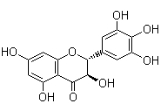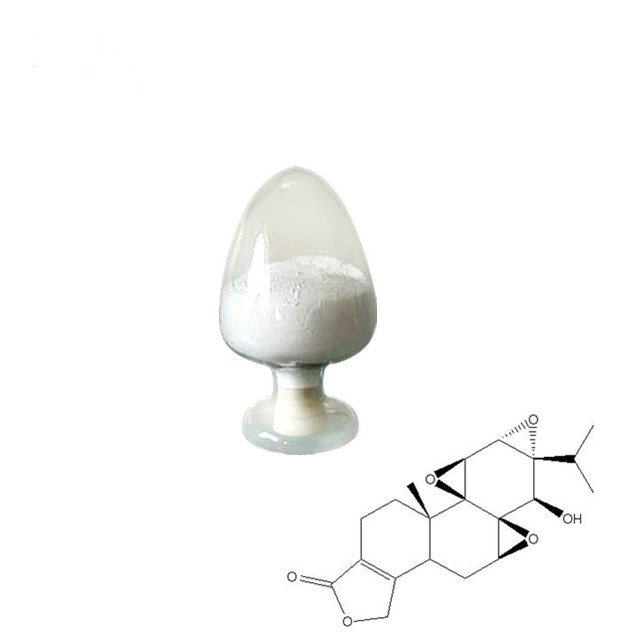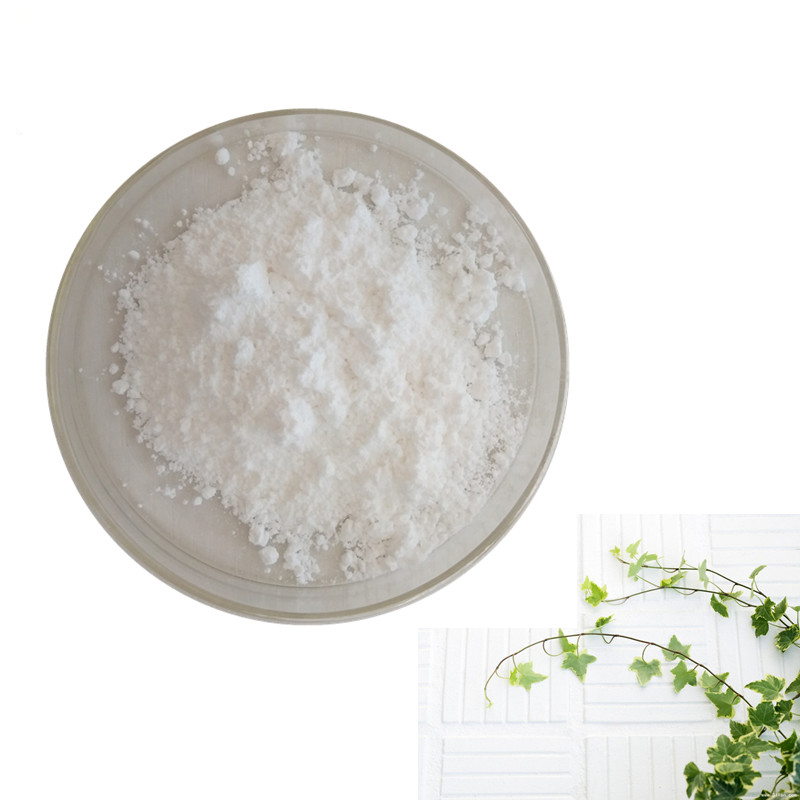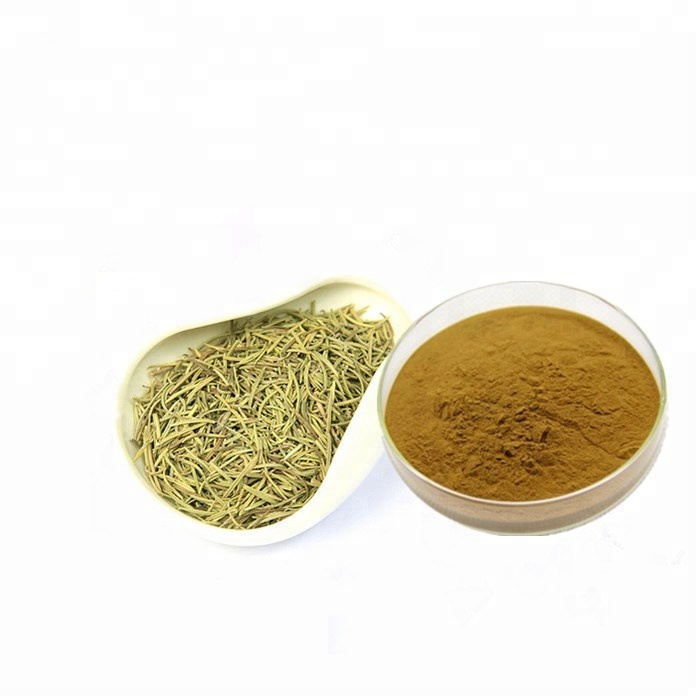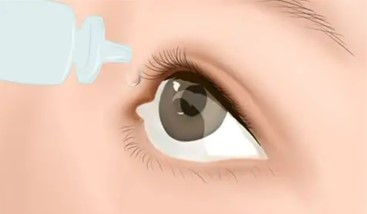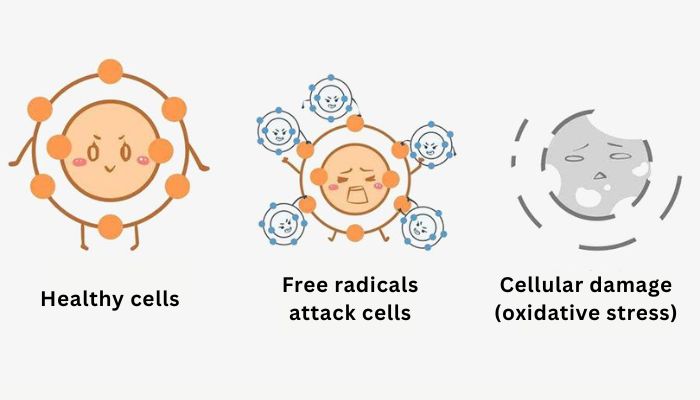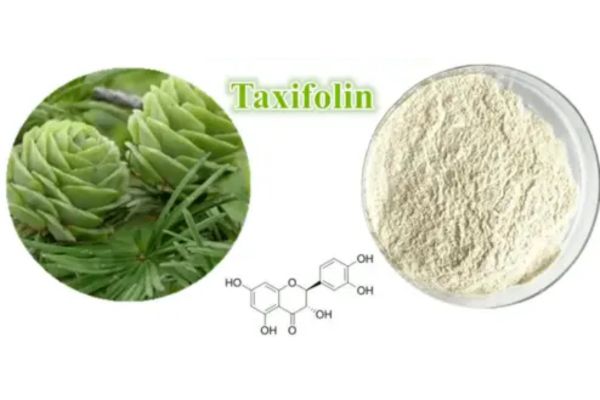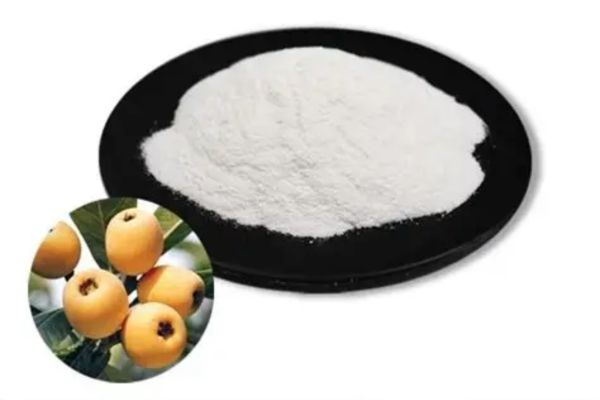Introduction
In the pursuit of a restful night's sleep, many turn to the gentle yet effective powers of herbal extracts. Unlike their pharmaceutical counterparts, these natural sleep aids offer a soothing path to slumber without the harsh side effects or risk of dependency. 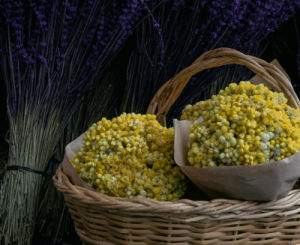
Among the plethora of herbs known for their sleep-inducing qualities, Valerian Root, Lavender, and Chamomile stand out for their proven benefits and widespread use. Let's discuss the mechanisms, benefits, and cases where these natural wonders can transform sleepless nights into peaceful rest.
Herbal Extracts: Natural Sleep Aids
The use of herbal extracts as remedies for sleeplessness and anxiety dates back centuries, offering a time-honored solution to modern-day stressors that disrupt sleep. These natural remedies work in harmony with the body's own rhythms, fostering relaxation and sleep without overstimulation or subsequent grogginess. It is also reported that a comprehensive search of the PubMed database, conducted up to May 3, 2020, focusing on randomized, double-blind, placebo-controlled trials, noncontrolled trials, and cohort studies involving both children and adults, was carried out to evaluate the efficacy of oral herb supplements in treating sleep disorders. The search, which utilized terms such as "oral food supplement" and "sleep disorders," identified seven emerging compounds from 38 relevant reports, with Valerian, Chamomile, and Lavender being the most frequently investigated plant extracts for insomnia. These sleep aids, derived from plant extracts, are generally recognized as safe and well-tolerated by individuals. [1]
1. Valerian Root
Valerian Root serves as the most powerful natural sleep aid. It functions by increasing the availability of gamma-aminobutyric acid (GABA), a neurotransmitter that helps regulate nerve impulses in the brain and nervous system. GABA's role is crucial in inducing a natural state of relaxation and sleep, making Valerian Root a potent ally against insomnia.
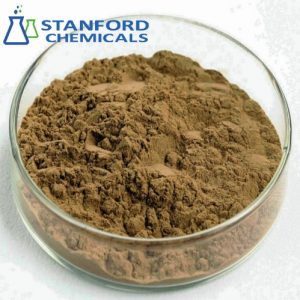
1.1 Benefits:
Studies have shown that Valerian Root can significantly improve sleep quality and reduce the time it takes to fall asleep. It's particularly beneficial for those who consider themselves poor or light sleepers, as it deepens sleep and enhances overall sleep satisfaction without the side effects commonly associated with prescription sleep aids.
1.2 Cases Reported:
A comprehensive review of 60 studies involving 6,894 participants was conducted, drawing on databases like PubMed, ScienceDirect, and the Cochrane Library. This review focused on assessing Valerian's impact on improving sleep quality and reducing anxiety.
- The review, covering subjects aged 7 to 80, found Valerian to be safe, with no severe adverse events reported.
- Ultimately, Valerian shows promise as a treatment for sleep issues and related disorders.
- The study also underscores the need for improved quality control and standardization of Valerian products to enhance their reliability and therapeutic effectiveness. [2]
2. Lavender
Lavender is another key sleep aid with a distinctive fragrance and purple blooms. Its calming effects are attributed to its aromatic compounds, which can be inhaled to signal the brain to relax. Lavender oil affects the limbic system, the part of the brain that controls emotions, helping to decrease anxiety and facilitate the onset of sleep.
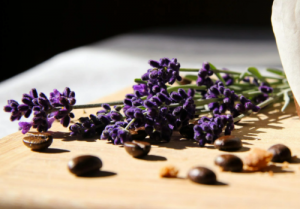
2.1 Benefits:
Research indicates that Lavender can improve sleep quality, particularly in those suffering from stress-related insomnia or anxiety disorders. Its use has been associated with increased slow-wave sleep, the deep, restorative phase of the sleep cycle.
2.2 Cases Reported:
For example, a well-cited study published in the Journal of Alternative and Complementary Medicine found that participants exposed to lavender aroma before sleep reported higher levels of sleep quality compared to those who did not receive the lavender treatment. Further, cases of individuals with anxiety-related sleep disturbances have shown positive responses to lavender. The anxiolytic (anxiety-reducing) properties of lavender contribute to its effectiveness as a sleep aid, helping to relax the mind and body and facilitate the onset of sleep. [3]
3. Chamomile
Chamomile, with its gentle, apple-like aroma, is perhaps best known as a tea, though its benefits extend far beyond a warm bedtime beverage. This gentle herb contains apigenin, an antioxidant that binds to certain receptors in the brain that may promote sleepiness and reduce insomnia. It's thought to work similarly to benzodiazepines, medications that induce sleep by acting on the brain's GABA system.
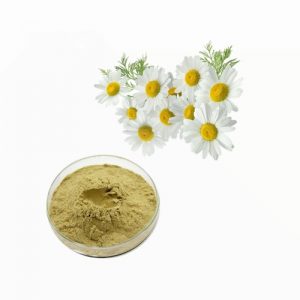
3.1 Benefits:
Consuming Chamomile has been linked to an improvement in overall sleep quality. It's particularly noted for its ability to aid in falling asleep more quickly and staying asleep longer.
3.2 Cases Reported:
A study in 2017 aimed to assess the impact of chamomile extract on the sleep quality of elderly individuals. Sixty participants aged sixty and above, residing in the Kahrizak day care nursing home in Karaj, Iran, were randomly divided into two groups: a treatment group and a control group. Sleep quality was evaluated using the Pittsburgh Sleep Quality Index at four different times: before the start, two weeks into, immediately after, and two weeks post the intervention period. There was a significant improvement in sleep quality in the treatment group compared to the control group (P<0.05). Chamomile extract has been shown to significantly enhance sleep quality in the elderly, suggesting its potential as a safe and effective option for improving sleep in this population. [4]
Conclusion
The quest for a night of restful sleep need not lead to the pharmacy. Nature offers its own potent remedies in the form of Valerian Root, Lavender, and Chamomile. Each of these herbs brings its own unique benefits to the table, from deepening sleep to easing the anxiety that often precedes insomnia. While they are generally safe for most people, it's important to consider personal health conditions and consult with a healthcare provider before integrating these or any supplements into your nightly routine.
For more sleep-assisting herbs, you can check Stanford Chemicals (SCC). In a world where sleep often eludes us, turning to the gentle embrace of these herbal extracts can be a significant step towards embracing the restorative sleep our bodies and minds so desperately need.


